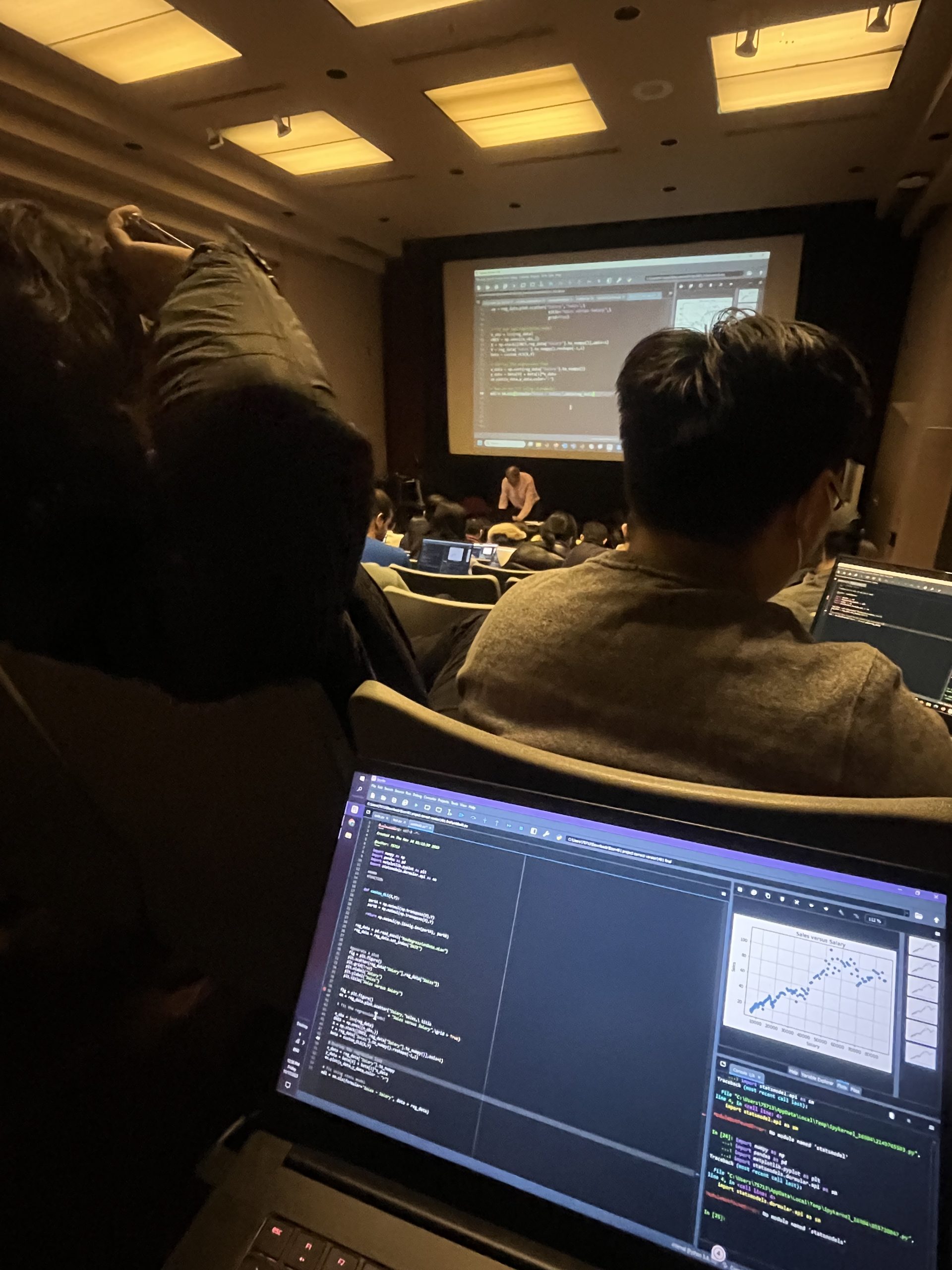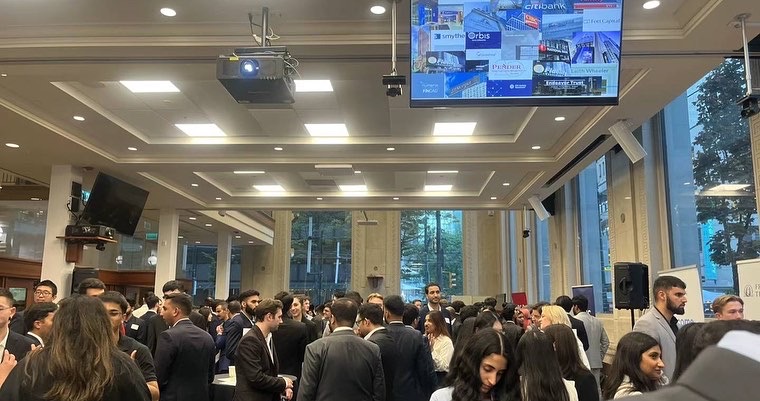In my perspective, successful program preparation involves focusing on three essential aspects: readying academic knowledge, honing practical skills, and maintaining a positive mindset for continuous motivation.

To begin, a thorough grasp of the fundamental principles of financial terms, functions, and theories is essential for successfully navigating the program’s academic requirements. Given the monthly final exams in the MSc Finance program, which involve more extensive lecture hours and frequency, it is advisable to engage with the material proactively before each session. This proactive approach is especially beneficial for courses like Financial Investment and Python, where previewing the content ensures a smoother alignment with the professor’s teaching rhythm. An updated and comprehensive understanding sets the foundation for a successful academic journey and prepares one to meet the program’s demands effectively.
Moving on to practical skills, the MSc Finance program offers a valuable SIAS opportunity for cohort participation and includes a Bloomberg Terminal self-learning course within the program. Developing a strong foundation in hard practical skills, such as proficiency in Excel and familiarity with the Bloomberg Terminal, can significantly enhance one’s ability to grasp project-related concepts and accomplish tasks more efficiently. Investing time in acquiring these skills will prove beneficial for comprehending market dynamics and honing the ability to locate and analyze data effectively.
In terms of out-of-class opportunities, actively engaging in extracurricular endeavors serves as a means to enrich one’s background, experience, and existing skill set. Developing a proactive involvement mentality helps to capitalize on opportunities for applying academic learning to real-world scenarios and increases chances to shine in networking events. For example, participation in investment case competitions, where the management of a portfolio is simulated, presents an excellent opportunity to bridge theoretical knowledge, such as portfolio theories, with practical application in a real-world context. This hands-on experience not only augments a student’s skills and knowledge but also instills confidence in implementing and communicating ideas effectively in the future working atmosphere.

To sum up, a comprehensive preparation strategy for the program entails adopting a well-rounded approach that encompasses academic comprehension, practical skill enhancement, and fostering a proactive mentality that motivates active involvement in various activities. Through focused attention to these three dimensions, students can position themselves for a more rewarding and prosperous journey in the MSc Finance program. This approach enables them to cultivate a versatile skill set, bridging the gap between academic knowledge and practical application, ultimately contributing to career success in both academic and professional endeavors.
___________________________________________________________
About the Author

Eric Yang holds a Bachelor of Science in Economics from the University of Washington and is currently pursuing a Master of Science in Finance degree from Simon Fraser University (SFU). His experiences span both finance and marketing, encompassing tasks such as client interaction, evaluation of economic fundamentals and financial market data, trend identification, product promotion, and engagement in negotiations with other companies. Currently, he is an active member of SFU’s Student Investment Advisory Service (SIAS) and is participating in the Rotman Portfolio Management competition.